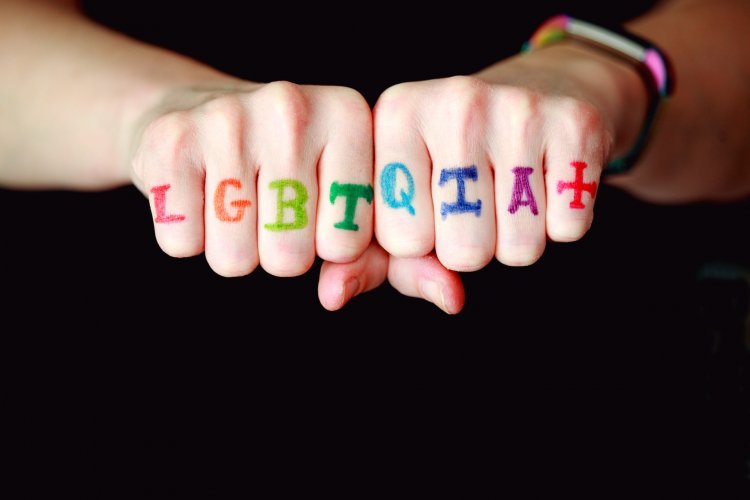Pink Dreams, Dark Realities: The Homophobic Ban on the Barbie Movie

16-08-2023
Bilge Ece Zeyrek
Middle East and Human Rights Researcher
Global Human Rights Defence
The Barbie movie, which was the subject of popular culture even before its release date, is on the agenda with bans this time. Recently, Algeria decided to cancel the movie on the ground that it ‘promotes homosexuality’. [1] While Kuwait bans the movie, the authorities in Lebanon are planning to ban the movie soon.
Barbie, starring Margot Robbie and Ryan Gosling and directed by Greta Gerwig, has grossed more than $1 billion worldwide since its release on July 21, 2023. [2] Barbie is a fashion doll designed by Ruth Handler and manufactured by the American toy company Mattel in 1959. [3] The movie tracks Barbie and Ken as they embark on a voyage of self-exploration prompted by an existential crisis. [4]
A representative from the Kuwaiti Ministry of Information stated on August 9 that the film introduces concepts and ideas that are foreign to Kuwaiti culture and the established public order. [5] In a similar vein, Lebanese Culture Minister Mohammad Mortada alleged that the movie “advocates homosexuality and transsexuality... challenges the authority of a father’s guardianship, diminishes and mocks the role of the mother, and raises doubts about the importance of marriage and forming a family.” [6] After the minister’s statement, authorities have taken steps to examine the movie. As of now, its fate in Lebanon remains uncertain, despite its scheduled release date of August 31. [7]
Censorship directly contradicts the States’ positive obligations of protecting human rights, particularly the fundamental right to freedom of expression. Banning a movie for reasons such as promoting homosexuality reflects not only a suppression of creative and artistic freedoms but also sends a disheartening message about the state of LGBTQ+ rights in the countries implementing such bans. In this case, censorship is carried out under the pretext of preserving cultural values such as family, marriage, or gender roles. By suggesting that homosexuality or transgender identities are unfamiliar concepts to their cultures, the authorities in the countries that banned the movie are, in fact, attempting to suppress the voices and rights of the LGBTQ+ community. In the face of increasing homophobia and transphobia, it is not only important but imperative to recognize and actively oppose such discriminatory measures.
Sources and further reading
[1] Cecilia Macaulay, ‘Barbie banned from Algerian cinemas for ‘corrupting morals’’ (15 August 2023) <https://www.bbc.com/news/world-africa-66509577> accessed 16 August 2023.
[2] Box Office Mojo, ‘Barbie (2023)’ (n.d.) <https://www.boxofficemojo.com/title/tt1517268/credits/> accessed 16 August 2023.
[3] Wikipedia, ‘Barbie’ (n.d.) <https://en.wikipedia.org/wiki/Barbie> accessed 16 August 2023.
[4] IMDB, ‘Barbie’ (n.d.) <https://www.imdb.com/title/tt1517268/> accessed 16 August 2023.
[5] AlJazeera, ‘Kuwait bans Barbie movie as Lebanese minister calls for action’ (10 August 2023) <https://www.aljazeera.com/news/2023/8/10/kuwait-bans-barbie-movie-as-lebanese-minister-calls-for-action-over-film> accessed 16 August 2023.
[6] Ibid.
[7] Ibid.




 GHRTV
GHRTV 




























